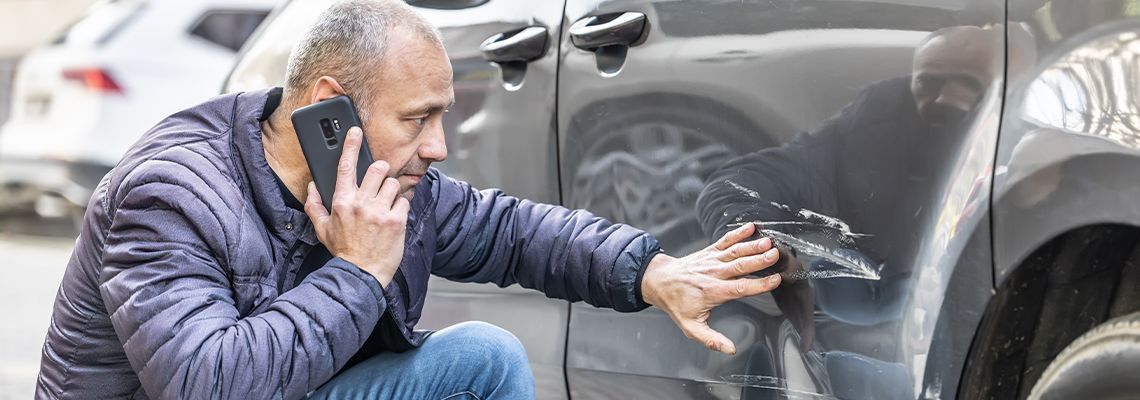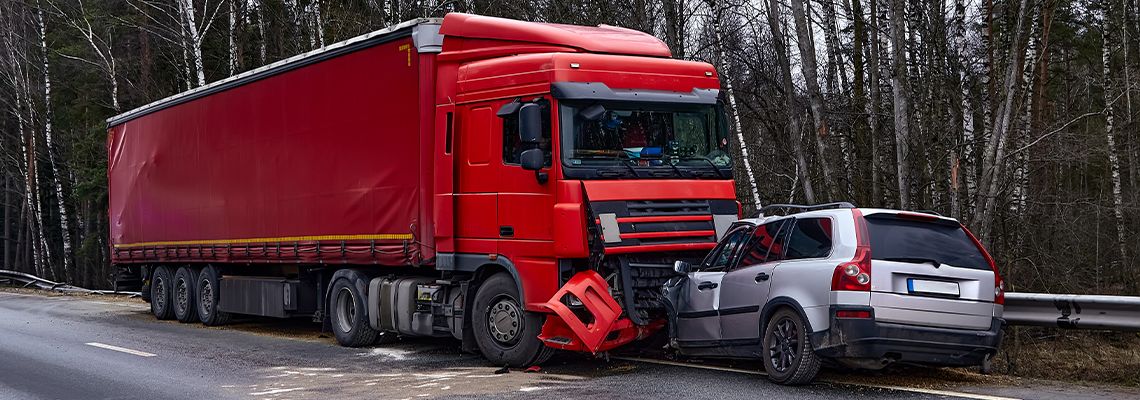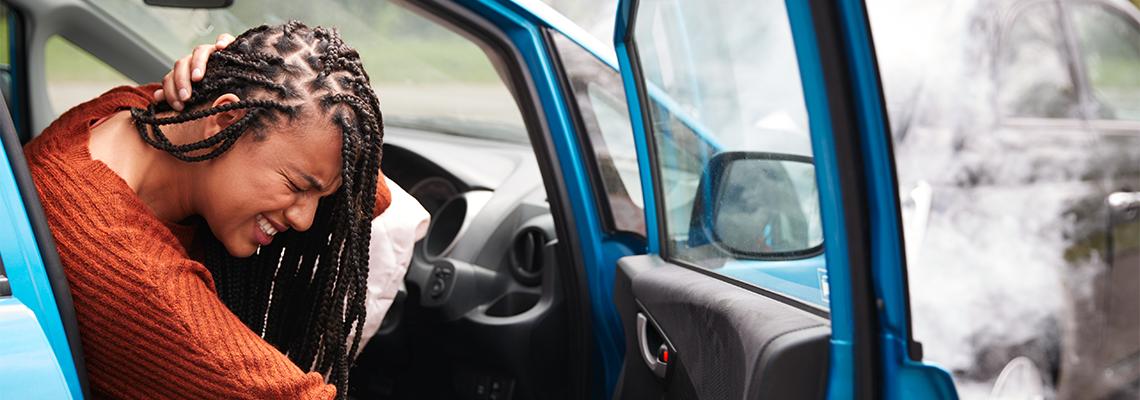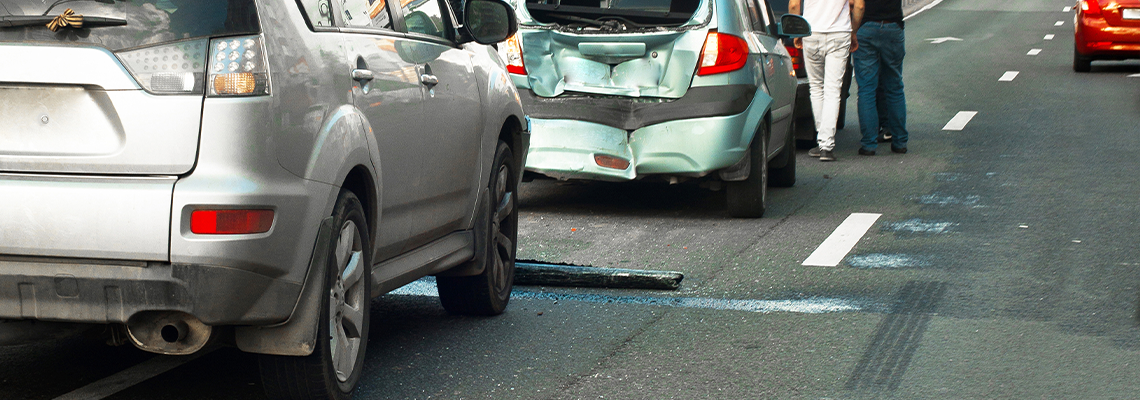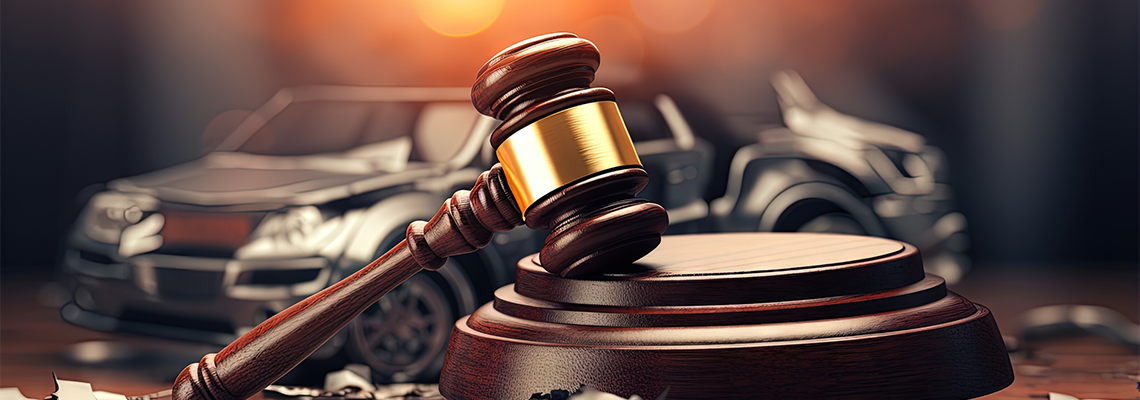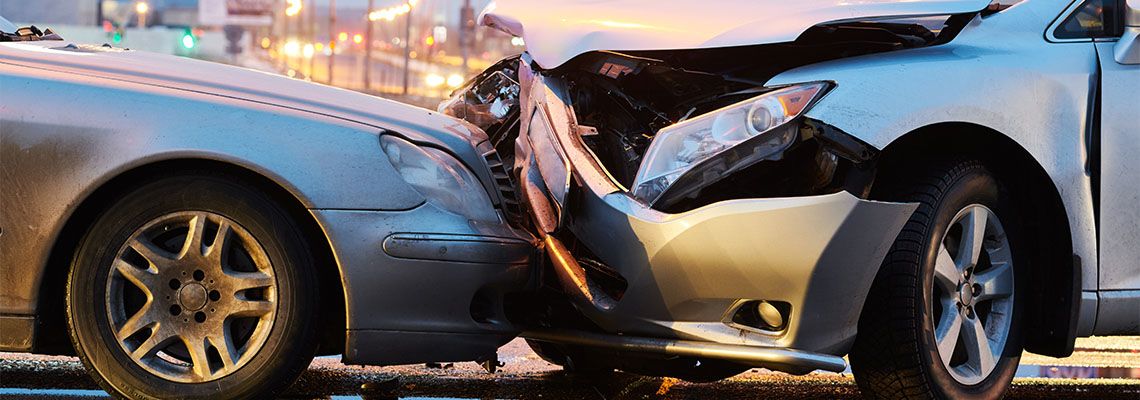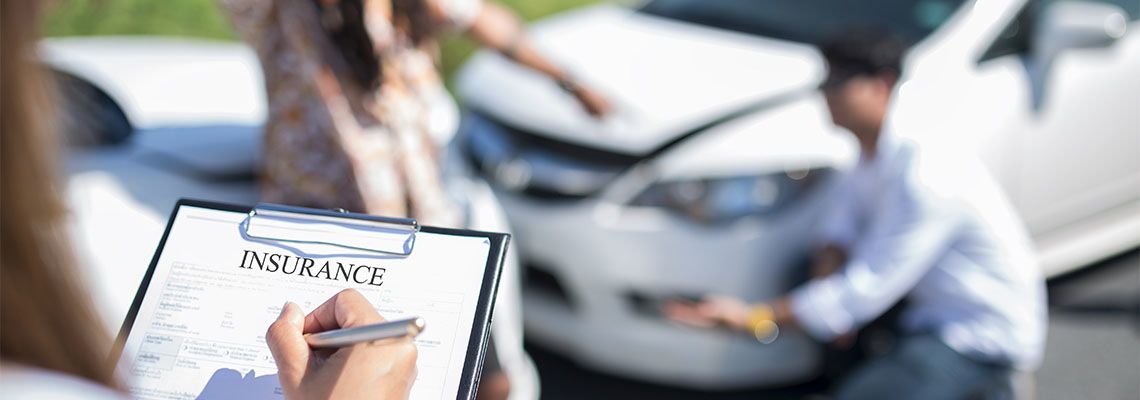Robert Louis Armstrong Personal Injury Attorney
Legal Steps to Take After a Crosswalk Pedestrian Accident
Being struck while crossing the street can leave a person disoriented, injured, and unsure of what to do next. It’s not just about healing physically. It’s about standing up for your rights and taking the steps needed to hold the driver accountable.



